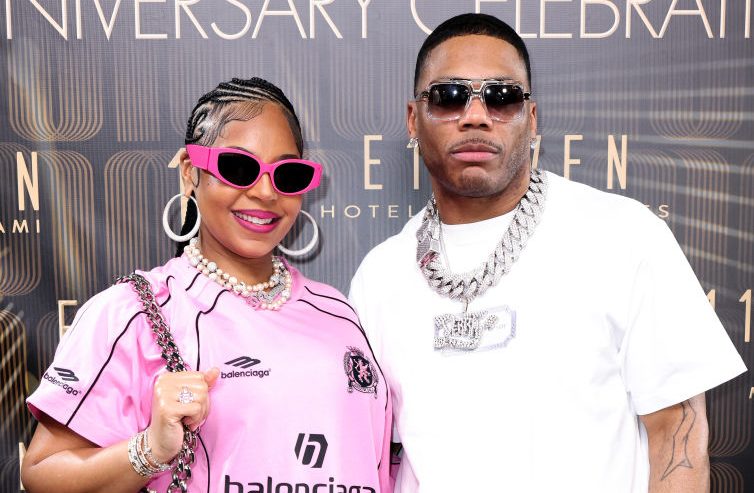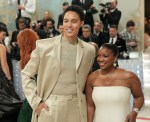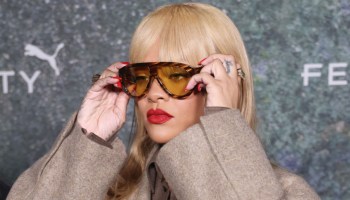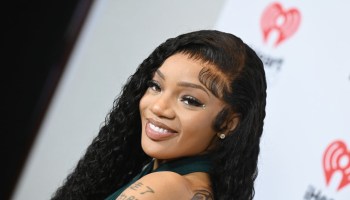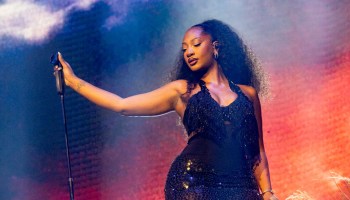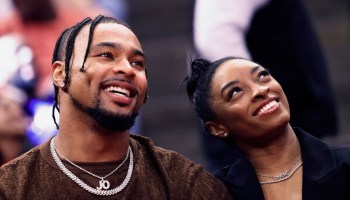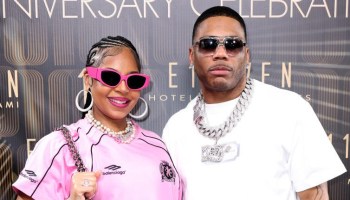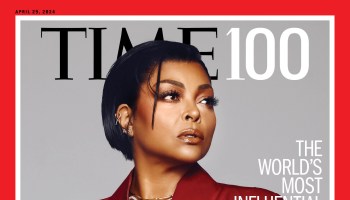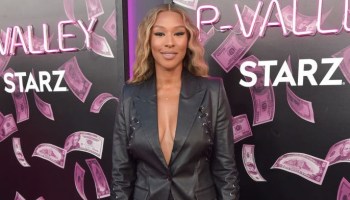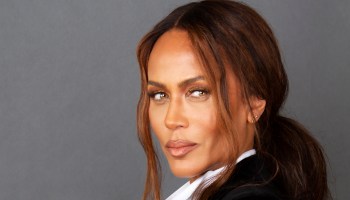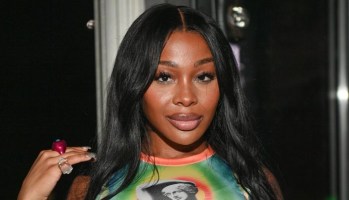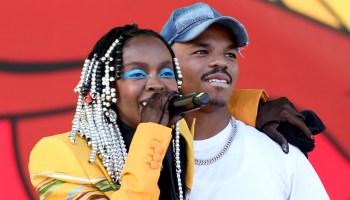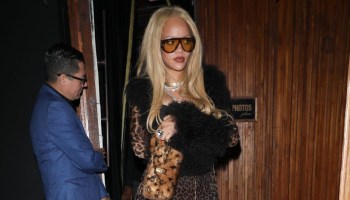Young adults are often told that their college years will be the best years of their lives. An in-depth report from The New York Times reveals that that might not be the case for many non-white undergraduates at U.S. institutions.
Times journalist Tanzina Vega recently wrote about a “new wave” of campus activism addressing racist incidences and an overall sense of isolation among Black students.
At the center of the article lies the University of Michigan in Ann Arbor, an institution that has been the subject of divisive affirmative action debates nationwide and, more recently, the latest perpetrator of a (cancelled) racist fraternity party that invited “rappers, twerkers. gangsters” back to “da hood again.”
Sound familiar?
Well, you might be thinking of the racist Martin Luther King Day frat party thrown at Arizona State University. Or was it the racist “beer olympic” party thrown by a Columbia University sorority? UCLA? Ole Miss? Dartmouth?
MUST READ: College Student Arrested For ‘Shopping While Black,’ Sues Barneys & NYPD
It goes without saying (yet, still must be said) that U.S. colleges and universities have experienced a surge in racist student theme parties. Enough so that the episodes have been catalogued in photo galleries at publications like The Huffington Post and Complex. Experts and scholars have continued to debate whether the prohibition affirmative action (a measure on which the Supreme Court will likely rule this year) will only aggravate the matter even further.
Social media has played a significant role in not only publicizing visual evidence of these ongoing racist episodes (typically published by the partygoers themselves,) but also in providing disgruntled students with a widespread platform on which to assemble, organize and protest.
Frustrated with the steady drop in black undergraduate enrollment and incited by campus tensions, members of the Black Student Union at the University of Michigan started a popular social media campaign, #BBUM, to shed light on what it means to be a minority at one of the top universities in the country.
“There was a very tense climate brewing all semester, and I think the party was just the peak,” Black Student Union speaker Tyrell Collier, 21, told the Times. The sociology and Afro-American and African studies double major said that he had been contacted by other college black student groups searching for effective tactics similar to #BBUM.
MUST READ: That’s Racist: 8 Things Wrong With This Black History Month Video
The Office for Civil Rights at the federal Education Department reported that the number of complaints related to race and ethnicity filed against colleges and universities grew to 860 in 2013 from 555 in 2009, according to the Times.
And Black students are not the only ones experiencing these racist episodes and tensions.
As The New York Times reports:
Charles Tkacik, a freshman at Johnson & Wales University in North Miami, Fla., who is white, said in an email that while public demonstrations of racism were rare at his university, “there is a deep layer of contempt and hatred among a percentage of students toward other races.”
“Some students believe certain races to be ‘dirty, noisy and rude,’ ” Mr. Tkacik wrote.
Jordan Taylor, a black student at the State University of New York at New Paltz, shared a photo of a “colored only” sign that had been placed on a water fountain in his freshman year.
A black student at Princeton said a racial epithet was once scrawled on his dorm room door. A Korean-American student at the University of Minnesota described being asked by her classmates if she “did massage” or “wore a kimono at home.”
This new wave of racist campus incidences comes at a critical time deemed “post-racial” by some, and blatantly dangerous for Black youth by others.
David J. Leonard, a professor in the department of critical culture, gender and race studies at Washington State University, proposed the possible context behind these offensive encounters.
“People who don’t see themselves like this think: ‘We can poke fun. We can engage in stereotypes,’ ” said Dr. Leonard told the Times.
“Racism gets reduced to intent, as if intent is all that matters.”
READ MORE:
Is College Still Worth It? See How Investing In A Degree Is Paying Off For Black Graduates [Report]
BEAUTIFUL NEWS: President Obama Launches New Initiative To Tackle Sexual Assault On College Campuses
Are Black, Female Educators Expected To Be ‘Mammy’ In The Classroom?
